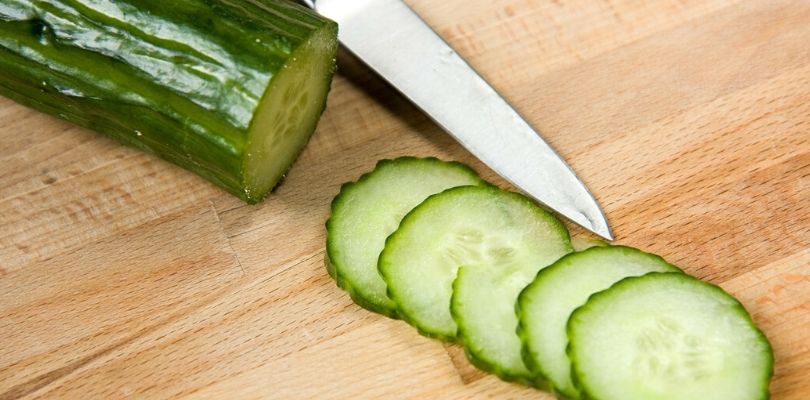Although they are not FDA approved, some studies show that essential oils for IBS can help improve symptoms. Learn more about the benefits here.
Blog
Probiotics for IBS have been shown to help with IBS symptoms by improving gut health. Find out what kinds of probiotics there are and what you should use.
FODMAP is a type of carbohydrate that can be hard to digest for people who have IBS. A FODMAP diet for IBS points out the best and worst foods to eat.
IBS and gallbladder problems have very similar symptoms. They may be separate issues, but there is evidence that suggests a link between the conditions.
Can IBS cause back pain? Back pain is a commonly reported symptom in people with IBS. Learn more about the connection between IBS and back pain here.
Managing IBS symptoms with dietary changes is key. Some suggested IBS diets include gluten-free, elimination diet, low FODMAP, and more.
Adopting these healthy habits for IBS sufferers can help to effectively relieve the gassiness, pain and bloating you may experience.
Don’t give up on your body; learn to use your muscles, mind and breath to restore comfort and control your IBS pain.
Sharing a meal at a restaurant should be a happy occasion, but eating out with IBS, can put you in a potentially dangerous dining situation.
When you live with irritable bowel syndrome, it’s nearly impossible to shake the embarrassment but there are ways in which you can beat IBS embarrassment.









